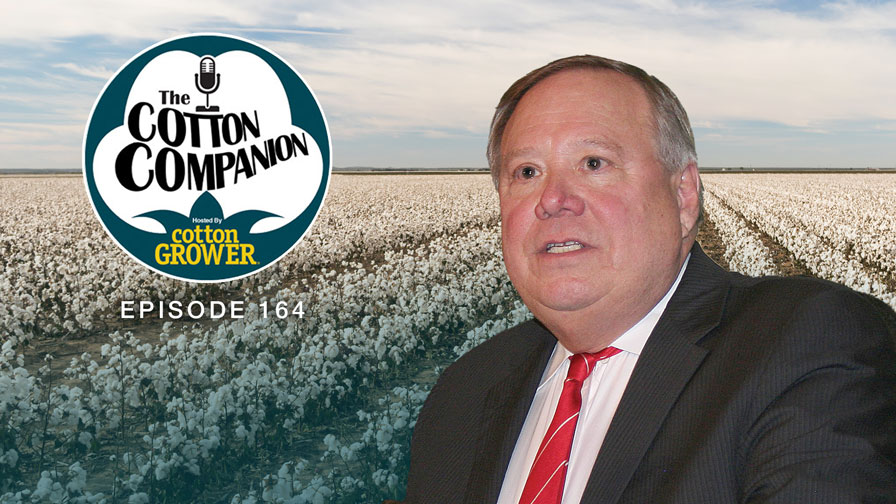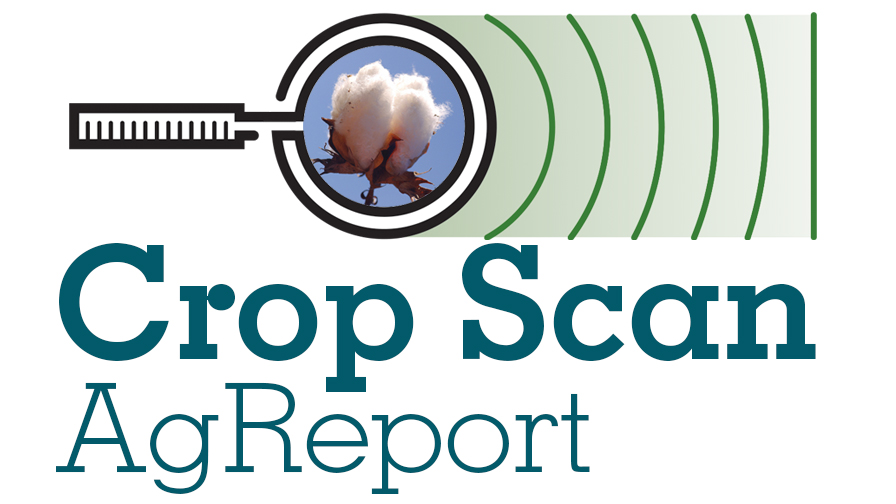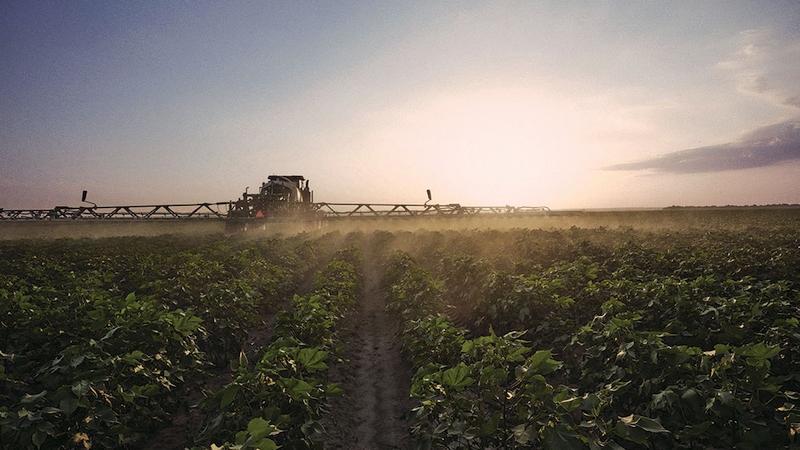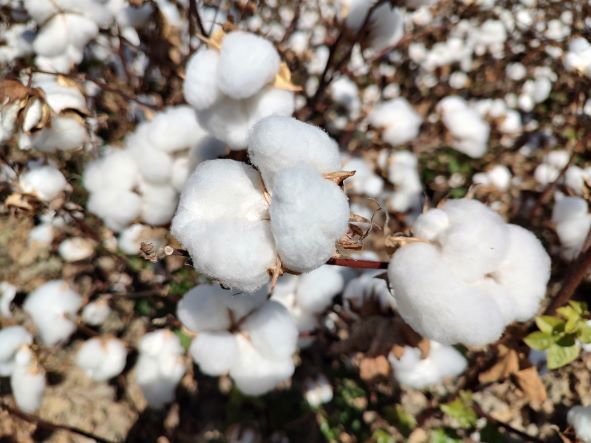Blockbuster Deal Seeks To Provide The Best Of Both Worlds
For Monsanto, it’s traits, traits and more traits …
For Delta and Pine Land, it’s varieties, varieties and more varieties …
Monsanto’s well-publicized $1.5 billion cash purchase of Delta and Pine Land marries the world’s No. 1 cotton seed company (D&PL) and the world’s No. 1 transgenic traits company (Monsanto).
The transaction is subject to regulatory review to address concerns in regards to reduced competition.
“The reason we are purchasing Delta and Pine Land is because we believe it will expedite the introduction of elite varieties with new technologies,” says John Raines, public affairs lead for Monsanto. “What you have is two complementary companies working in the cotton industry. But since they are separately owned, it’s difficult to deliver the potential efficiencies. Monsanto is willing to make investment risks that Delta Pine has less incentive to make as an independent company, and when we bring them together, growers will benefit.”
Raines was Monsanto’s marketing manager when Bollgard and Roundup Ready technologies were introduced, and he also served as country lead in Australia.
Operating separately as independent companies, Monsanto says the acquisition optimizes the joint efforts to bring new traits and new varieties to market.
“Monsanto has extensive biotechnology, bioinformatics, analytical capabilities and the ability to identify genes in plants,” he continues. “Delta Pine has the unique varieties farmers want.”
Bioinformatics is the use of electronic databases on genes, genomes and protein sequences. Computers and software are used to analyze DNA-sequence information to find future crop improvements. These help Monsanto develop the traits that the company continues to release in response to grower demand.
Both Bollgard and Roundup Ready technologies have moved into second generations with the introduction of Bollgard II and Roundup Ready Flex traits. In the future, Monsanto sees traits available that would include lygus protection, drought tolerance and enhanced nitrogen utilization.
“Once you identify the traits, there is a tremendous amount of crossing that has to take place in genetics to ultimately get to what I call the finished product; the product that the producer actually wants to plant,” says Raines. “When you have the two assets separated, you don’t get a look at both traits and varieties on a consistent day-to-day basis.”
VipCot, OptimumGAT?
“If I’m a farmer, I want to know what this does to technologies like VipCot and OptimumGAT,” says Raines. “Monsanto has had a long history of both out-licensing our traits to seed companies, as well as in-licensing traits. Monsanto did not acquire D&PL to gain any control over these traits. Syngenta and DuPont are the owners of these two technologies, and they will determine the futures for these traits.”
In fact, Raines says Monsanto is very interested in offering VipCot and OptimumGAT traits in Delta Pine varieties: “We want to offer the grower the traits they want in the brand variety they prefer. If Syngenta and DuPont are interested, we want the opportunity to license these products.”
• Syngenta’s Vip (vegetative insecticidal protein) trait was discovered in 1994, and although it is derived from Bt, it is structurally and functionally different from current Bt traits, according to Syngenta literature. The company says the mode of action gives growers an effective tool for insect-resistance management.
• DuPont’s OptimumGAT ALS-inhibitor tolerance trait is designed to enhance the activity of glyphosate by allowing the addition of an ALS inhibitor to a tank mix. The first generation of ALS inhibitors include Pursuit, Raptor, Lightning and Scepter. OptimumGAT provides weed-resistance management options.
The Stoneville Factor
Upon the close of the Delta and Pine Land deal – and there has been no public acknowledgement of when that may be – Monsanto will immediately divest itself of Stoneville Pedigreed Seed Co., a wholly owned Monsanto subsidiary. That leads one to believe that a buyer has been lined up and is waiting on the Delta Pine deal to close.
“We have already started to make plans for (the Stoneville divestiture),” explains Raines. “There are clearly things in the works that upon the close on Delta Pine, will offer us the opportunity to close on the sale of Stoneville. The interest is there, and Stoneville will be owned by someone other than Monsanto upon the close of the Delta and Pine Land acquisition.
“If you take the number of seed companies that are out there today and their respective market share, this transaction should not change that landscape at the end of the day,” Raines adds.
Currently, 10 seed companies offer varieties with Monsanto traits.








